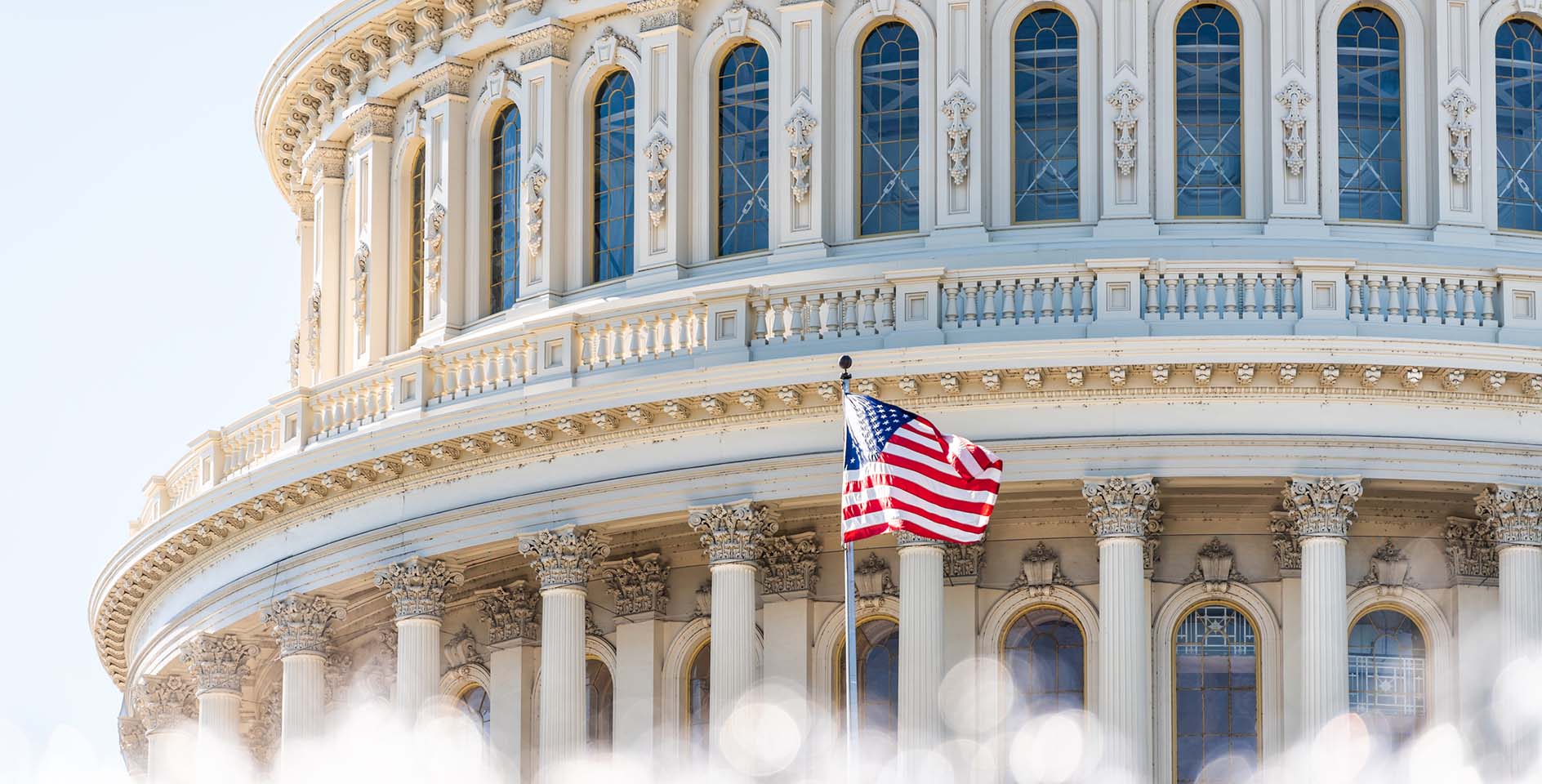Of those most tragically affected by the COVID-19 pandemic, the 1.5 million children who lost parents or grandparents worldwide may be the most heartbreaking. In the wake of such loss, international child welfare advocates have bolstered efforts to care for these newly orphaned children.
Many of those advocates are Christian nonprofit organizations like Faith to Action Initiative (FAI) and Lifeline Children’s Services. Both groups exist to resource churches and communities with what they need to help orphans and vulnerable children in the name of Jesus.
“COVID has had an incredibly horrific impact on families and children around the world,” Herbie Newell, president of Lifeline Children’s Services. “It’s multiplied poverty, it’s multiplied helplessness and hopelessness.”
A collaborative movement to care for children
Thankfully, there is a collaborative movement afoot to provide the best care possible. Recently, UNICEF held an annual event in recognition of the 1989 UN Convention on the Rights of the Child. More than 30 years ago, world leaders committed to an international agreement granting children the same human rights as adults. It wasn’t until 2019, however, that the group signed and adopted a resolution that committed to prioritizing family-based care over institutionalized care for children.
At the event, FAI presented a letter urging governments to acknowledge the significant role Christian nonprofits play in caring for orphans and to include them in care reform efforts. A report from the Better Care Network found that one of the largest groups supporting orphanages abroad are evangelical, Protestant churches.
Despite that reality, said FAI’s Executive Director Elli Oswald, at times it can feel as if UN reforms are more like mandates than collaborative solutions. “We think it’s important for Christians to share their experiences,” said Oswald. “They [can then] build their ownership over changes that need to happen.”
In the letter, FAI proposed that countries be required to regulate the funding investment from Christian nonprofits, to ensure their contributions go exclusively toward their family-based care goals.
A move toward family-based care
The 2019 resolution and move to recognize Christian leadership in orphan care is even more important today, as the unanticipated outcome of a worldwide pandemic left so many without nuclear families. A move toward family-based care on an international level -— through economic support, kinship care, foster care, and adoption — will help create better results for children, who fare better in such environments.
In the United States, the orphanage is a thing of the past since the 1950s and 60s transition to almost exclusively government-funded foster care as the accepted model of care. But these institutions are still prevalent in many countries around the world. To be clear, orphanages are often the best care available — and are certainly important for children without other options — but institutional care isn’t optimal.
FAI and other groups ultimately hope to create family-based care options everywhere. In 2019, all member states in the UN committed to moving toward this goal, but the process isn’t quick or easy. While governments have been amenable to working with faith-based organizations, FAI and its coalitions, including World Vision, Bethany Christian Services, and Catholic Relief Services, would like to see Christians get a more prominent seat at the table. In doing so, they could shift reforms to more gospel-centered priorities rooted in the family model God created from day 1.
Part of this shift, said Oswald, would include reforms to economically and strategically equip vulnerable families before orphancare is needed. Many so-called orphaned children in third-world countries actually have at least one living parent. But because social systems don’t offer them the economic stability they need to continue parenting through struggle, kids often end up institutionalized. Part of orphancare reform would include putting money toward in-tact families who just need a little help to survive hard times.
Centralizing Christian organizations in conversations about orphancare matters greatly. It puts the gospel front and center and amplifies the voices of those most committed to caring for children with their pocket books and their lives. The Bible calls all Christians to “look after orphans” (James 1:27) — and it’s clear from the Creation story that the family unit is God’s intent for the flourishing of all people (Genesis 1).
“It’s vitally important that the Church work together to ensure that institutions are a last resort for vulnerable children who don’t have a family,” said Newell. “Adoption is still a great way to live out the gospel, and we’re grateful to work with so many loving Christian families to facilitate that.”
With so many divisive issues on the line across the world, there’s one that nearly everyone can agree on: keeping children around the world safe, housed, fed, and loved. There is no perfect way to ensure this for every child, but Christian organizations like FAI, Lifeline, and others are doing all they can to make it so for as many children as possible.









